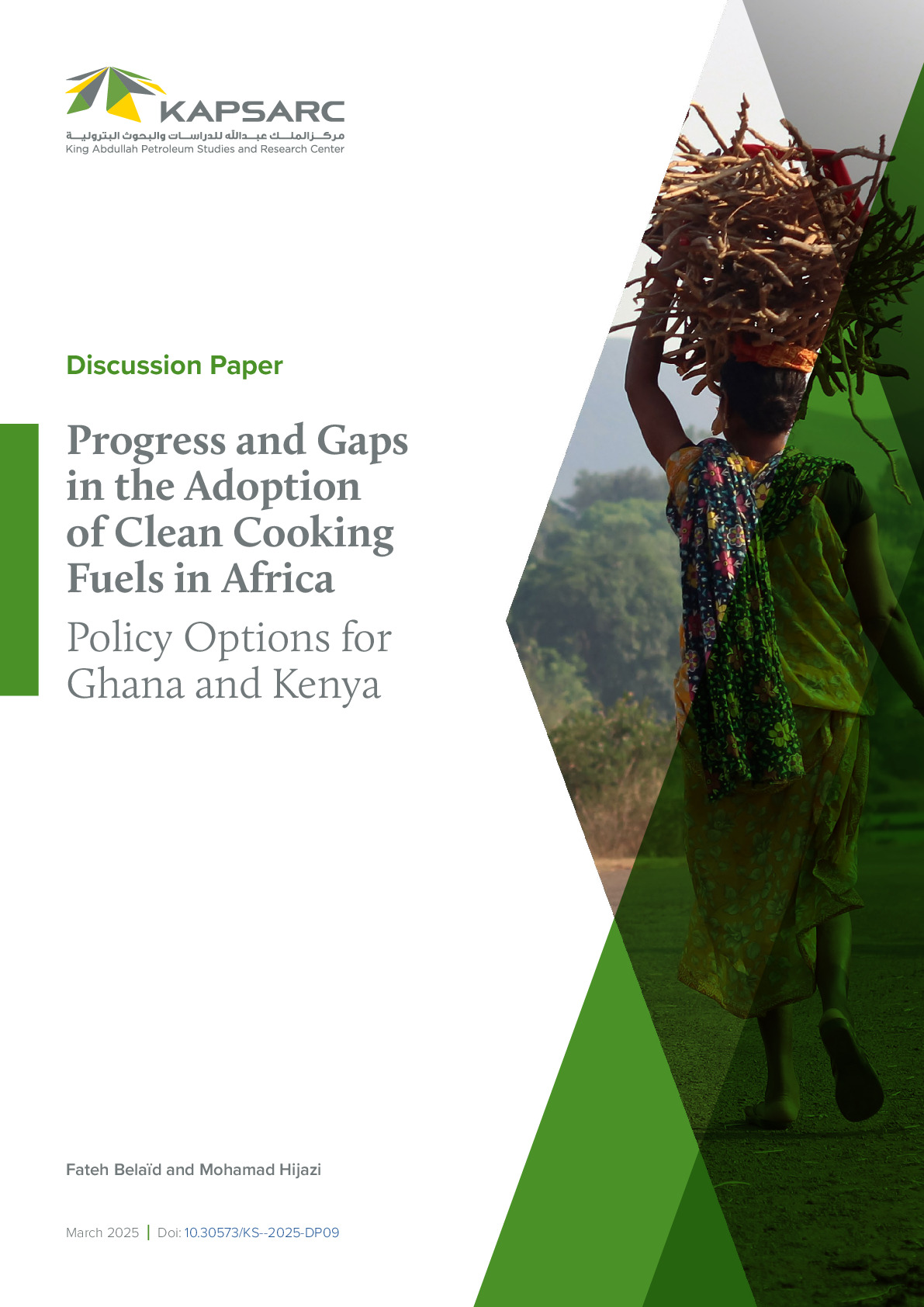Fuel poverty is a complex and multi-scale issue, which relating the household-level to the country-level and the demand-side to the supply-side. The fuel poverty situation is shaped by various factors, including household social and economic conditions. This study aims to examine the role of income in shaping the fuel poverty phenomenon. It focuses mainly on an important question, which has risen in the last few years both in policy and the economic literature; that is, the role of income to fall in energy poverty. We use data from 2013 French Housing survey to illustrate the extent of the problem and to highlight the important role of both income and energy expenditure in increasing the probability of being fuel poor. The empirical analysis in this article relies on a binary logit regression model. Our empirical approach enables us to explore the drivers of the income and energy-cost-induced dimension of fuel poverty. This study provides an overview of the fuel poverty definitions and extent, and puts forward an empirical strategy which can help to identify and target the households most in need of financial and energy-related support.



